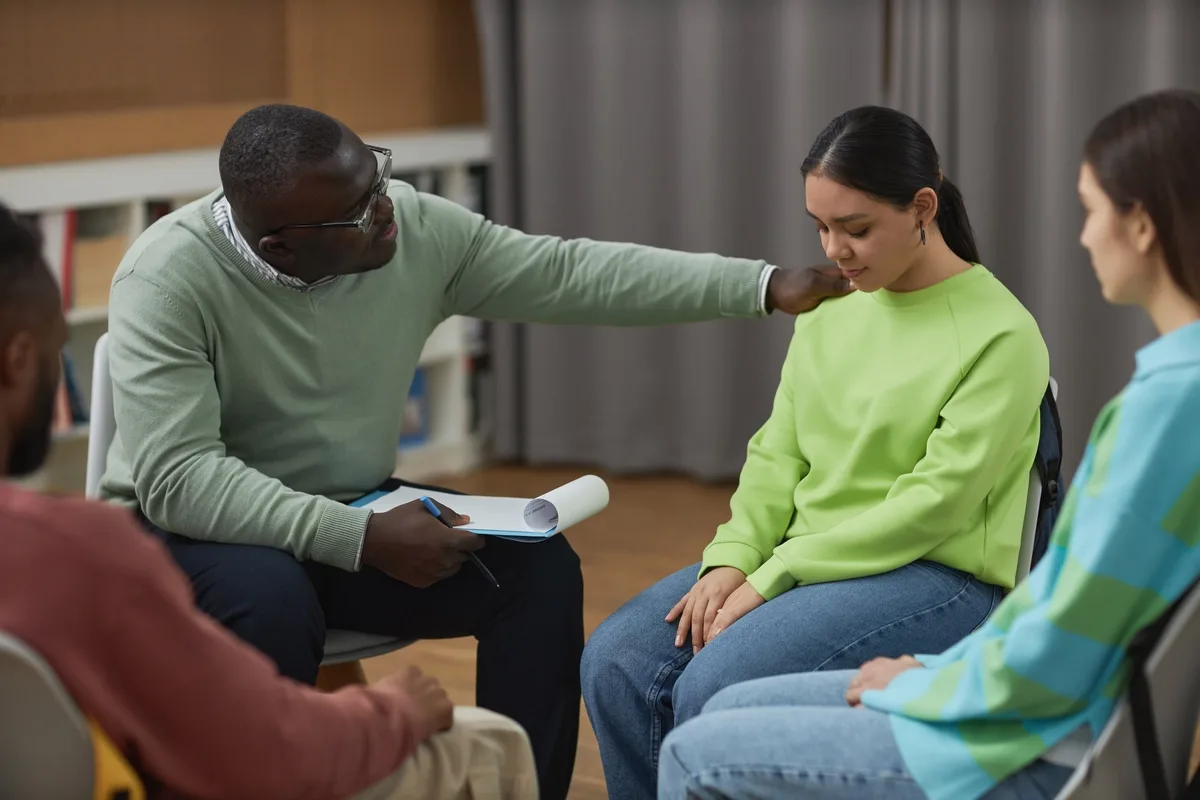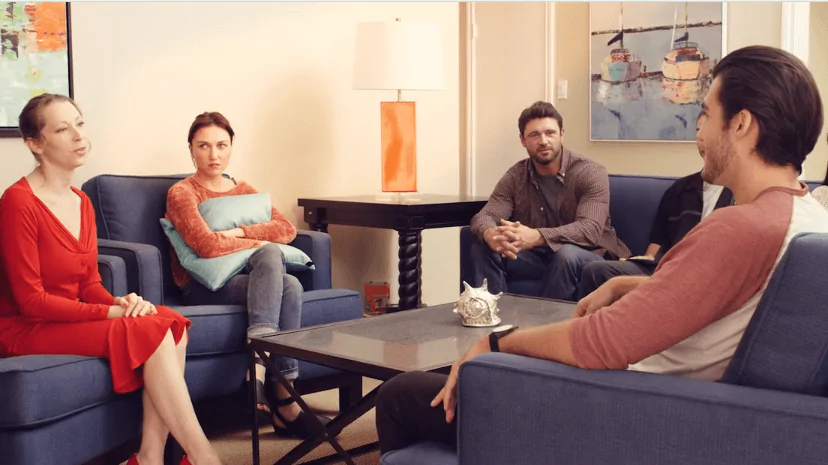24/7 Helpline:
(866) 899-221924/7 Helpline:
(866) 899-2219
Learn more about Prescription drug Rehab centers in Granada Hills
Prescription drug Rehab in Other Cities

Other Insurance Options

Highmark

Covered California

Aetna

WellCare Health Plans

Private insurance

Providence

Regence

Anthem

Magellan

Humana

Horizon Healthcare Service

State Farm

Oxford

UMR

Group Health Incorporated

AllWell

United Health Care

Holman Group

Health Partners

BlueCross

Believe Detox Center
Believe Detox Center is a private rehab located in Granada Hills, California. Believe Detox Center s...















